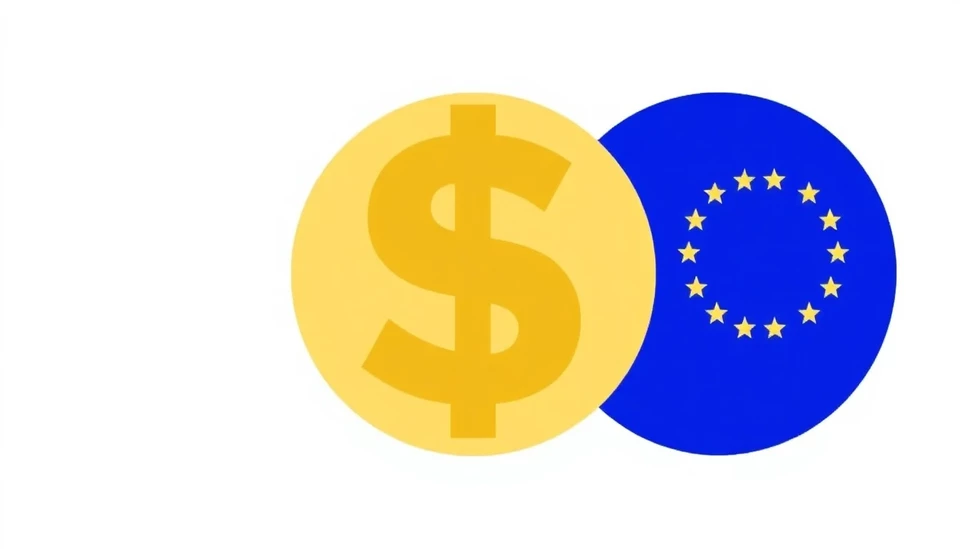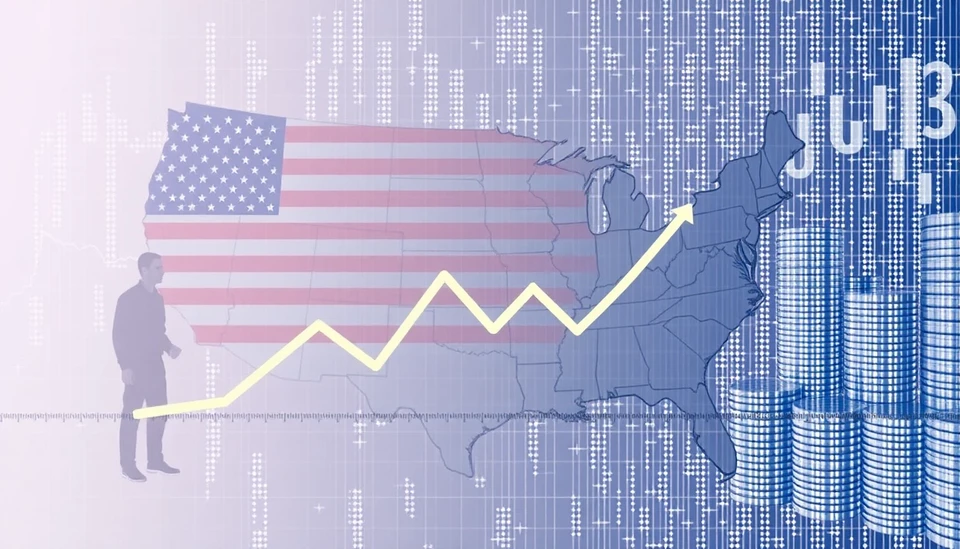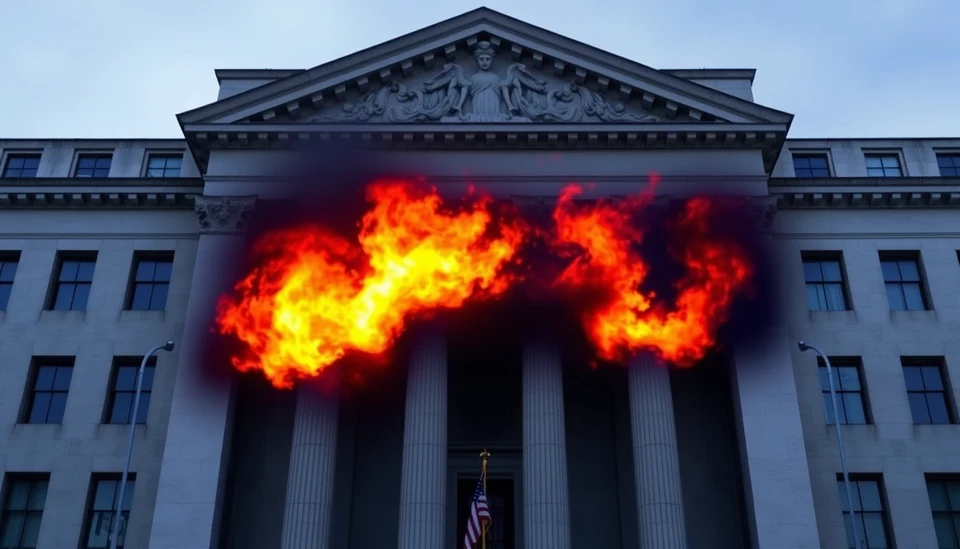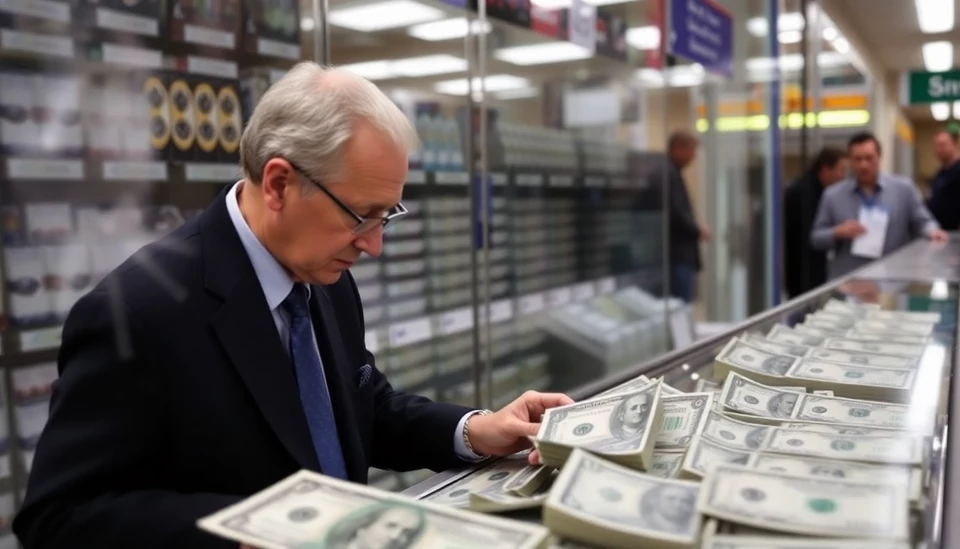
In a notable shift in economic predictions, economists have adjusted their inflation forecasts for the United States for the year 2025, citing increasing worries over tariffs and their potential impact on the national economy. This decision reflects a growing apprehension about how ongoing international trade tensions could contribute to a sustained rise in consumer prices.
The revised forecasts suggest that inflation rates may climb higher than previously anticipated due to a combination of factors, including proposed tariffs on various imported goods. As the Biden administration weighs strategic decisions regarding trade and economic policies, the resultant ripple effects on prices have become a focal point for economists and policymakers alike.
Many experts now fear that aggressive tariff implementations could push up costs for U.S. manufacturers and consumers. The tariffs, aimed at protecting domestic industries from foreign competition, may inadvertently lead to a domino effect, inflating the prices of goods across the board. Economists warn that such developments could drastically alter the economic landscape, resulting in persistent high inflation rates that could challenge households and businesses already navigating a post-pandemic recovery.
This assessment has prompted a recalibration of the inflation outlook within economic circles. Fresh data indicates that consumer prices could increase more steeply than expected unless there is a significant change in trade policy or a reduction in tariffs. Historically, tariffs have been known to create inflationary pressures, leading to narrower profit margins for companies that rely on imported goods.
In addition to tariffs, the forecasts also reflect concerns about economic growth, labor market conditions, and consumer spending patterns. As the economy shows signs of stagnation, the cumulative effect of these factors could strain the overall inflation trajectory. Consequently, investors and stakeholders are urged to stay vigilant, as fluctuating tariffs and trade agreements may hold considerable weight over future inflation metrics and market dynamics.
In conclusion, the upward revision of inflation expectations by economists serves as a significant alarm for both policymakers and the public. As the landscape of international trade changes, the lasting effects on the U.S. economy and everyday pricing remain to be seen. Economists encourage a careful assessment of government policy responses to mitigate potential adverse impacts on inflation and consumer welfare.
#USInflation #EconomicForecast #TariffConcerns #TradePolicy #ConsumerPrices
Author: Rachel Greene




